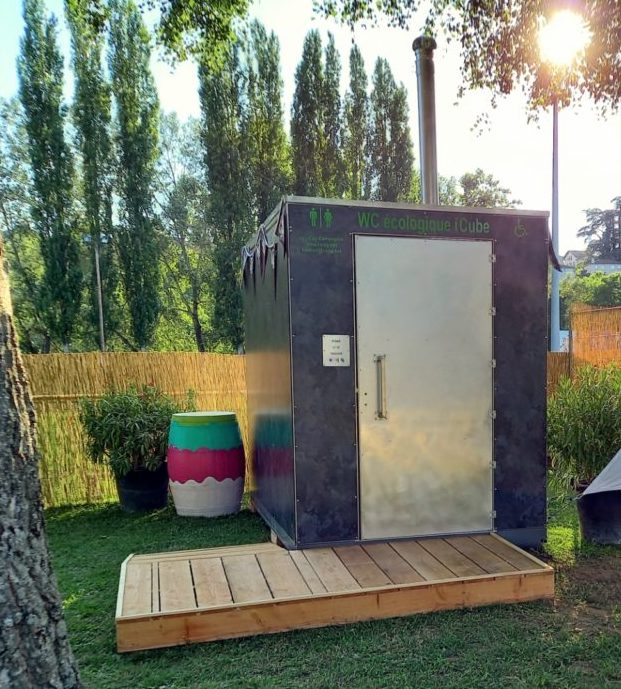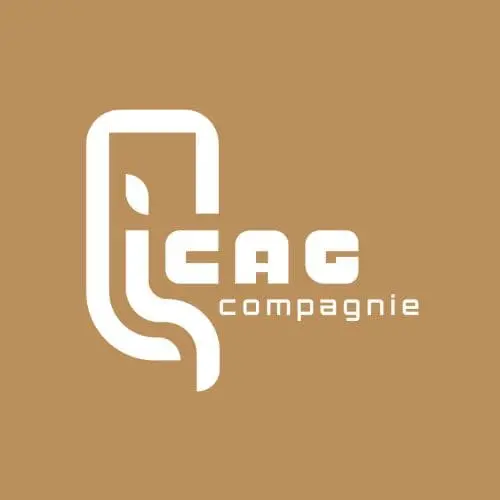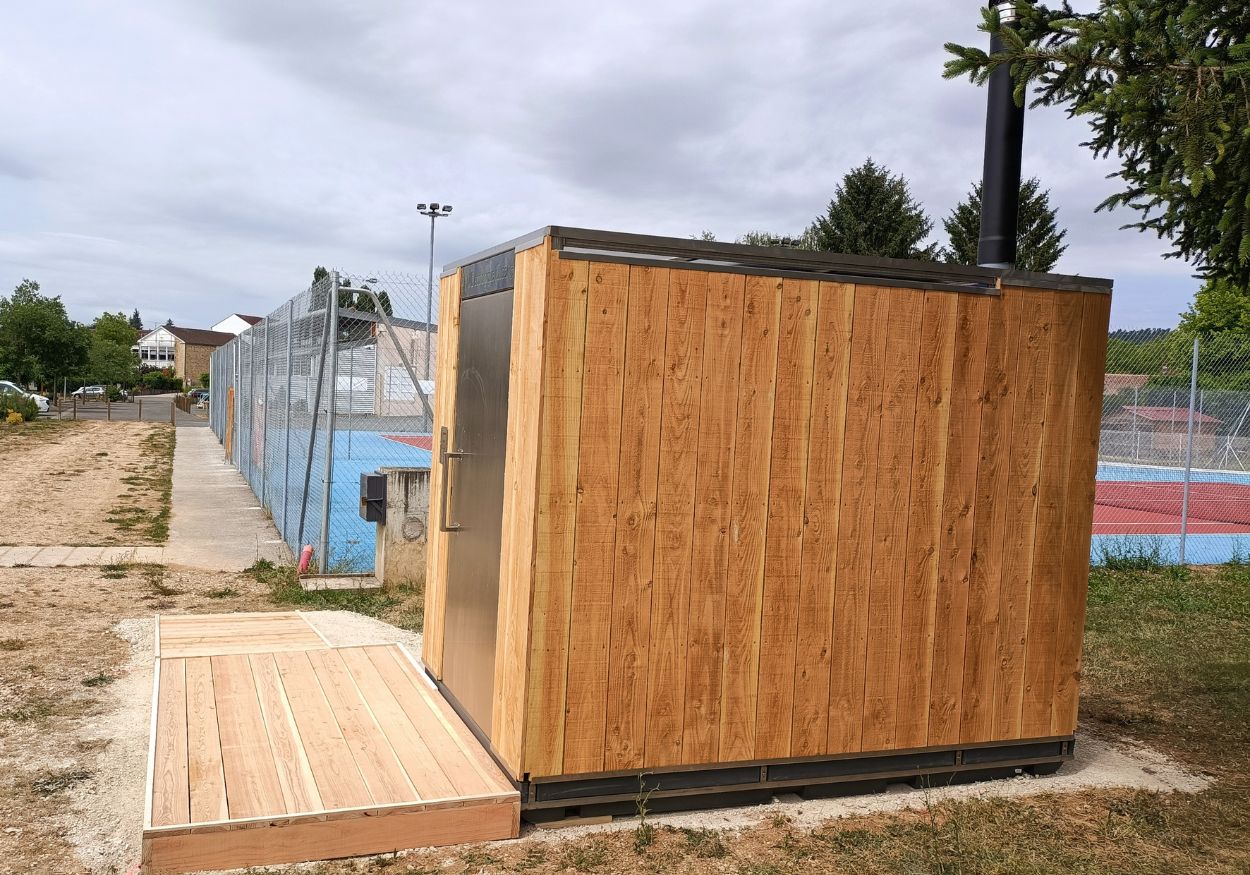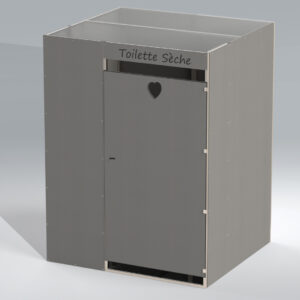You are well aware that public spaces play a crucial role in the urban life of your municipality. Squares, gardens, and parks provide your residents with places for relaxation and socializing. Urban furniture is essential in these areas, and the question of public toilets can quickly arise to keep the place clean and pleasant. However, finding the ideal solution remains a challenge for many municipalities.
In addition to environmental constraints, the design of sanitary facilities must address long-term economic and maintenance questions. What if your municipality switched to eco-friendly public toilets? We have invented and patented i Cube®, an innovative and environmentally friendly public toilet, offering an alternative to traditional public toilets! We’ll tell you everything.
Common Constraints of Traditional Public Toilets:
Between installation and maintenance costs, waste management, water consumption, hygiene, and security issues, choosing a public toilet solution is not an easy task for municipalities.
- Installation and Maintenance Costs: Public toilets require a significant initial investment for their installation. In addition to the costs of construction or equipment purchase, expenses related to plumbing, electricity, water supply, and connections to sewage networks must be taken into account.
- Water Consumption: Traditional public toilets use drinking water for flushing, which represents a significant use of water resources. With water becoming increasingly scarce and costly, automatic flush toilets are far from being a solution!
- Security: Acts of vandalism and graffiti are unfortunately common concerns. Public toilets often need to be locked when not in use to prevent damage.
- Universal Accessibility: Public toilets must be accessible to everyone, including people with reduced mobility. This requires compliance with accessibility standards in terms of dimensions, adapted equipment, and ease of use. Municipalities must ensure that their choice of public toilets meets universal accessibility requirements and offers easy and comfortable use for all users.
The Essential Role of Municipalities in Environmental Protection:
Citizens are increasingly aware of the importance of environmental protection, and they expect their municipalities to take measures to contribute to it. By meeting these expectations, municipalities strengthen their legitimacy and trust relationship with citizens.
Municipal environmental involvement can take many forms.
It can involve protecting natural spaces, improving energy efficiency, using sustainable materials in construction projects, supporting renewable energy, or implementing effective waste management programs such as selective sorting and composting, which contribute to reducing the ecological footprint.
Cela peut passer par la protection des espaces naturels, par le renforcement de l’efficacité énergétique, l’utilisation de matériaux durables dans les projets de construction, en soutenant les énergies renouvelables, ou bien en mettant en place des programmes de gestion des déchets efficaces, tels que le tri sélectif et le compostage, qui contribuent à réduire l’empreinte écologique.
Municipalities have a crucial role to play in protecting the environment and ensuring a healthier future for future generations.
i Cube®: An Eco-Friendly Public Toilet Solution:
It is precisely to meet all these needs that we have invented and patented the first eco-friendly public toilet: i Cube®!
C’est justement pour répondre à toutes ces nécessités que nous avons inventé et breveté la première toilette écologique publique : i Cube® !
It is an innovative alternative to traditional public toilets. With i Cube, you don’t need to be an expert in dry toilets; the user doesn’t have to worry about sawdust; everything is managed automatically… and all without water!
i Cube® toilets do not require any connection to existing sewage networks. This offers you total freedom! Easily install i Cube where you need it, according to the frequency of use; move it elsewhere if needed on busy days. Parks, beachfronts, tourist locations, or any other public spaces—this toilet adapts to your municipality’s needs, not the other way around.
How Does the i Cube® Public Toilet Work?

i Cube is placed on a flat surface and takes up no more space than a parking spot. These autonomous i Cube public toilets are operational in minutes. This modern cabin is accessible to people with reduced mobility. The door is opened by a contactless button, just like the waste disposal system.
Users are unaware that they are using dry toilets. Without adding any carbonaceous material (sawdust or straw), solid and liquid waste are directed into two communicating tanks. The action of liquids reduces the volume of solids.
A flow of air generated by mechanical ventilation maintains a slight depression inside the public toilet cabin at all times, preventing any odor or bacterial pollution.
A GSM communication box allows remote dialogue via a dedicated application. Several parameters can be received, such as attendance rate, tank filling rate, remote programming of opening/closing times, and more.
Daily cleanliness maintenance is required, just like for traditional public toilets.


















